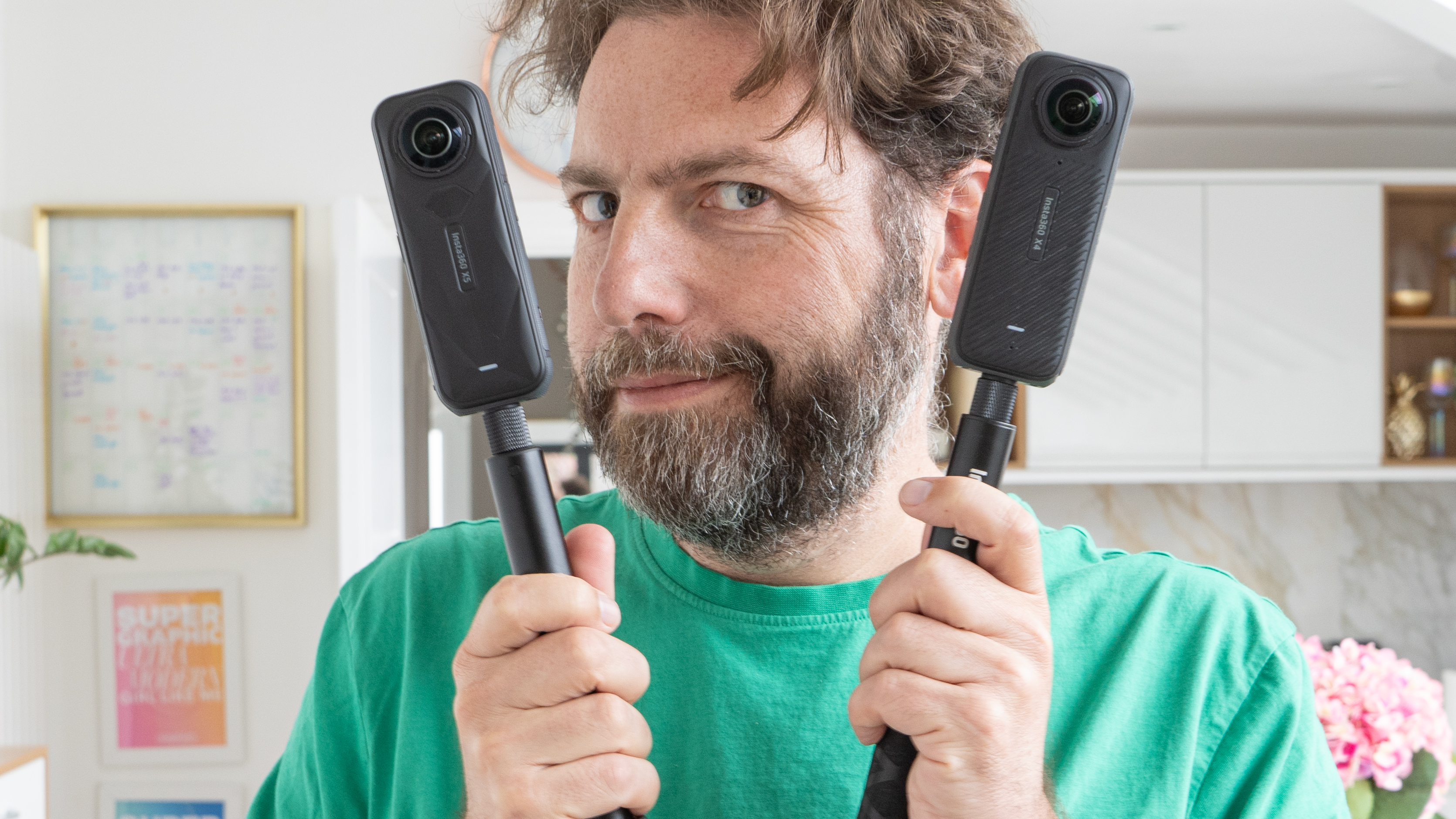12 lenses of Christmas: December 2024 and we saw out the year with a promise of something completely new for the next
Think you know telephoto lenses? Sigma is working on something the likes of which has never been seen before.
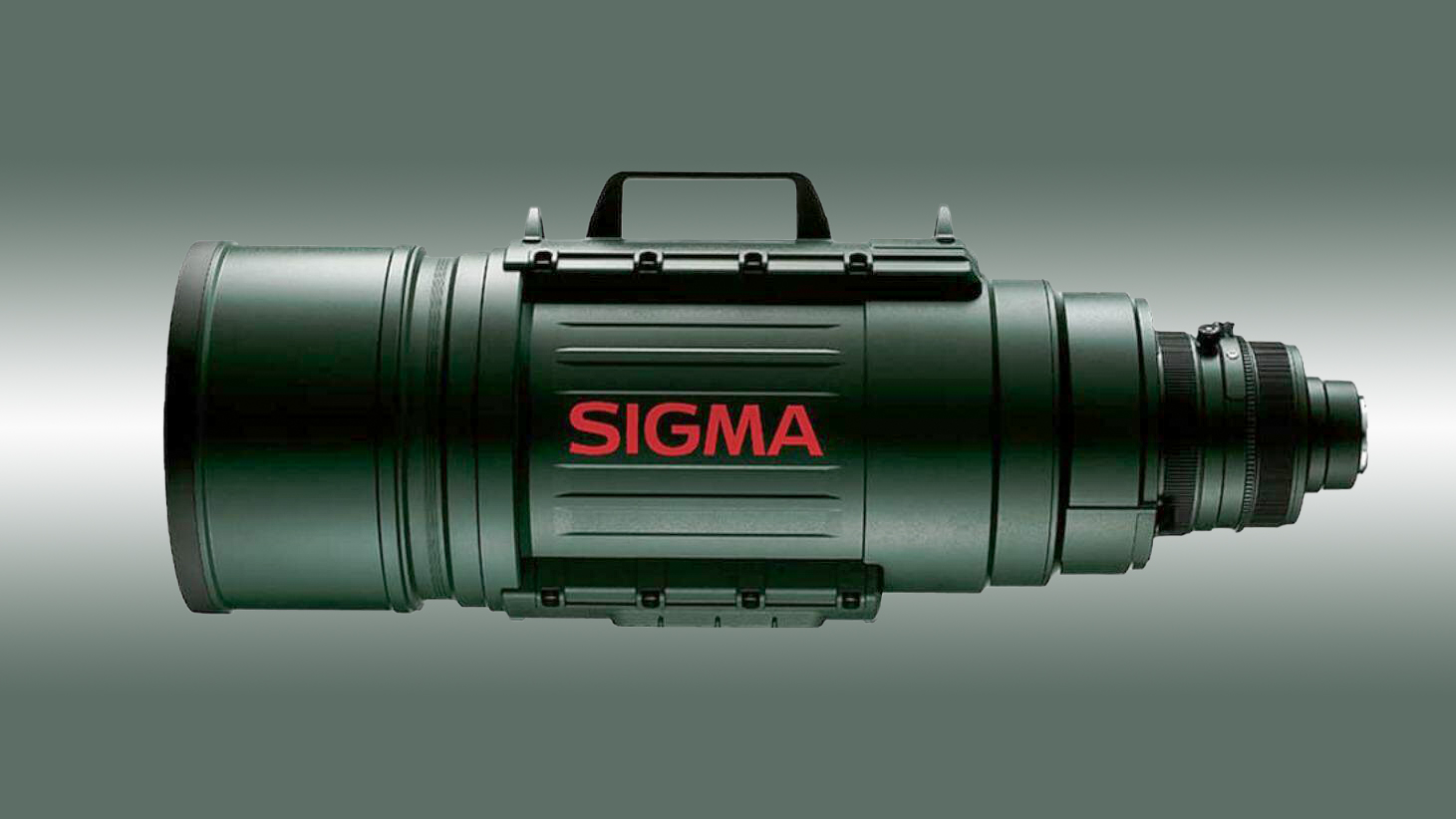
It's the final day of our 12 lenses of Christmas countdown – and we're looking at all the lens activity that went down in December…
It perhaps wasn’t big news that a lens manufacturer was working on a whole range of new lenses in December but, in an interview, Sigma’s CEO teased that one of them would be “a telephoto lens that had never existed before.”
That actually is big news for sports and wildlife photographers, especially considering some of the outlandish telephoto lenses that Sigma has made in the past – including the one shown at the head of this page.
Meanwhile, going from supersized to super-skinny, Arta Lab announced add-on lenses to convert the focal length of the built-in, fixed optic of Fujifilm X100-series cameras, in the diminutive shapes of the Funkyframe 16mm and 60mm conversion lenses.
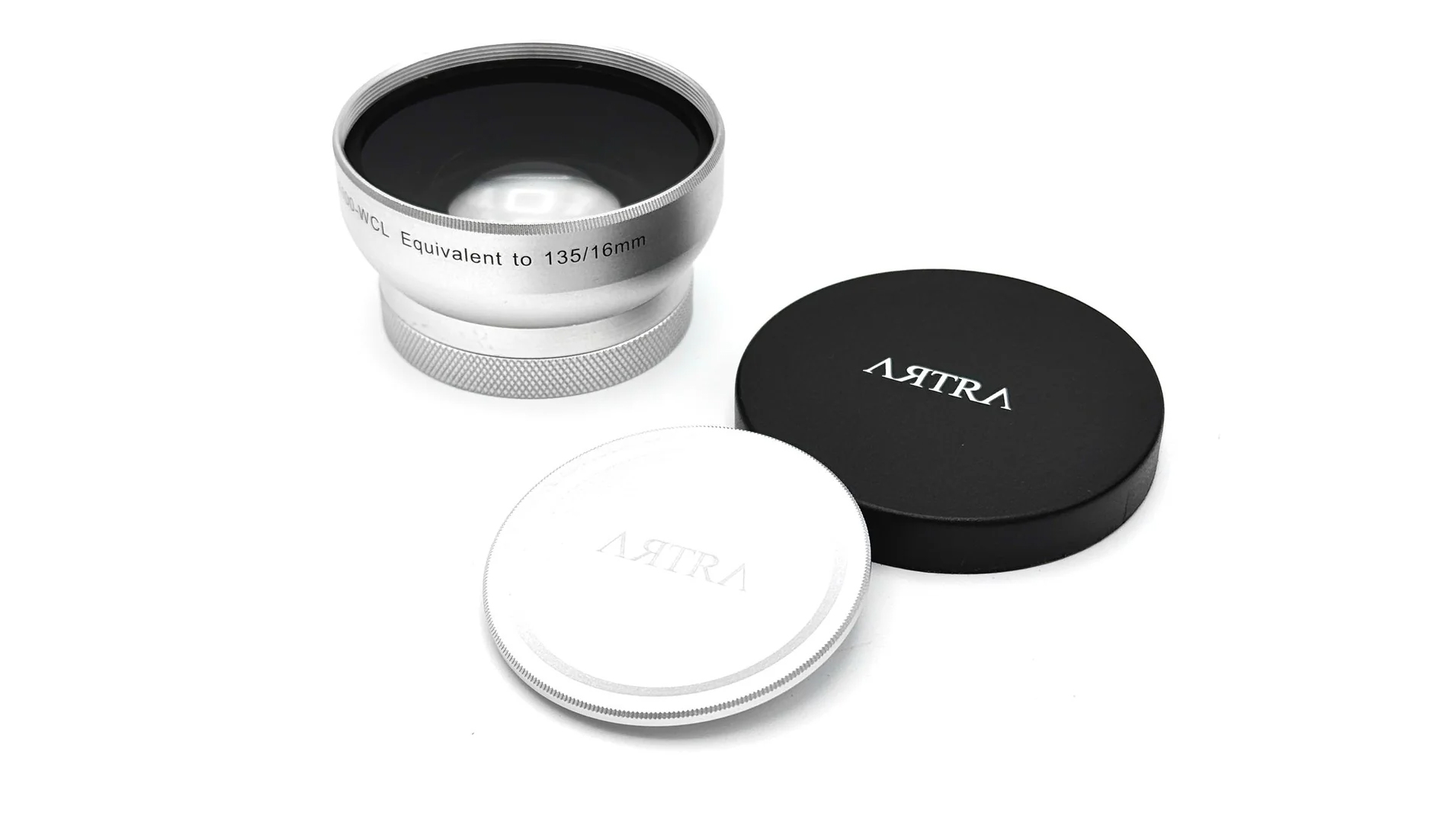
Not to be left out of the ultra-thin news, it was revealed that Canon has been designing a series of ‘body cap’ pancake primes, something we’ve very much seen before from the Olympus camp.
Almost as thin as a body cap, these fixed-aperture lenses are super-slim and keep camera dimensions to an absolute minimum. Rumor had it that the Canon RF 21mm f/5.6 and RF 23mm f/8 were on the launchpad.
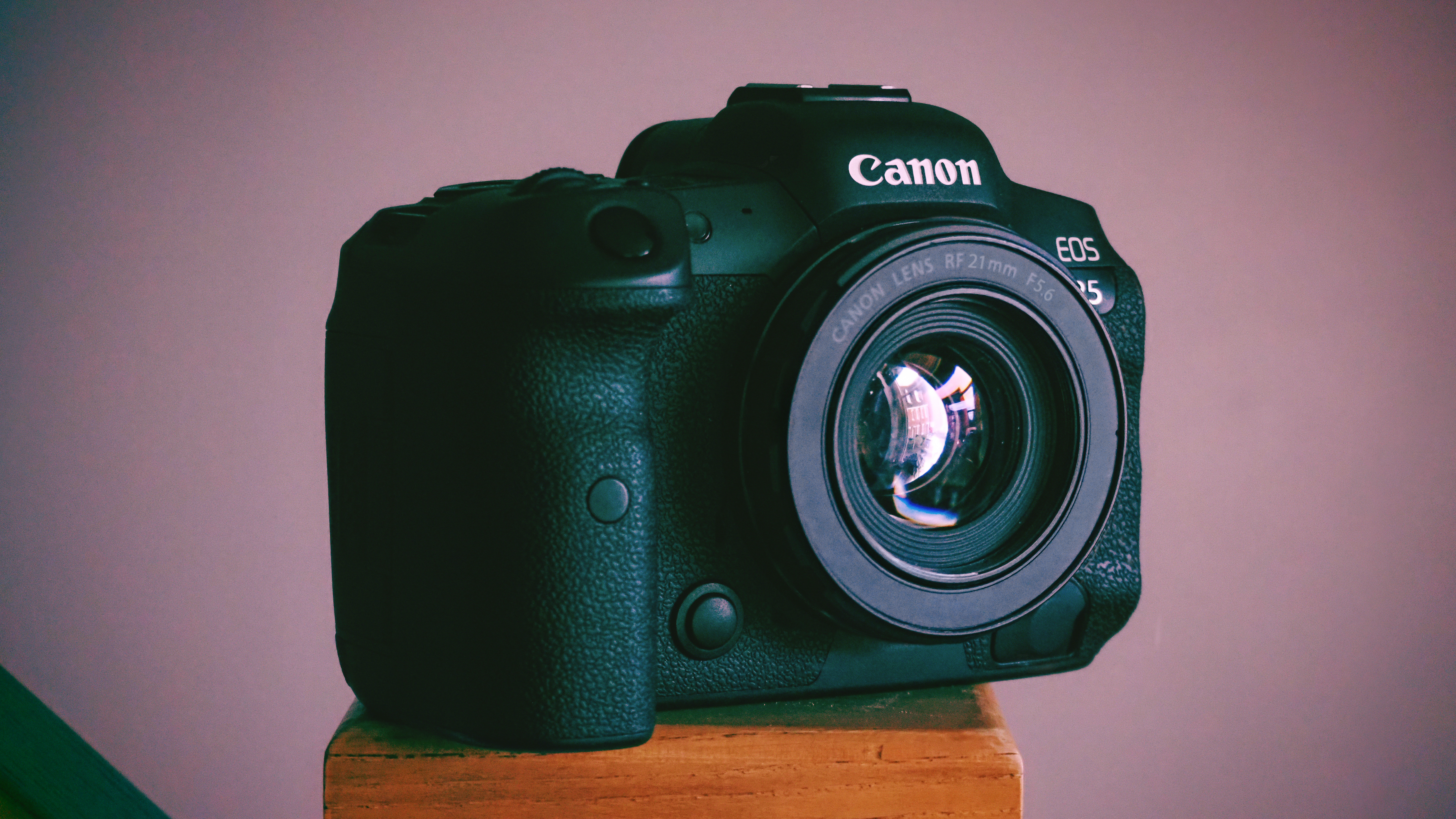
Sometimes the latest news becomes old news very quickly, and that was certainly the case for the TTartisan AF 35mm f/1.8, which was launched just a year ago. However, it’s already dead and buried, replaced by the newly announced TTartisan AF 35mm f/1.8 II, which promises to be smaller, lighter and even less expensive to buy.
Get the Digital Camera World Newsletter
The best camera deals, reviews, product advice, and unmissable photography news, direct to your inbox!
With more of a vintage vibe, there was the announcement of a new Voigtländer Nokton 28mm f/1.5 Aspherical lens for Sony E-mount cameras. The company also said that a new 90mm Apo-Ultron f/2 would be coming in 2025 for Leica M-Mount cameras.
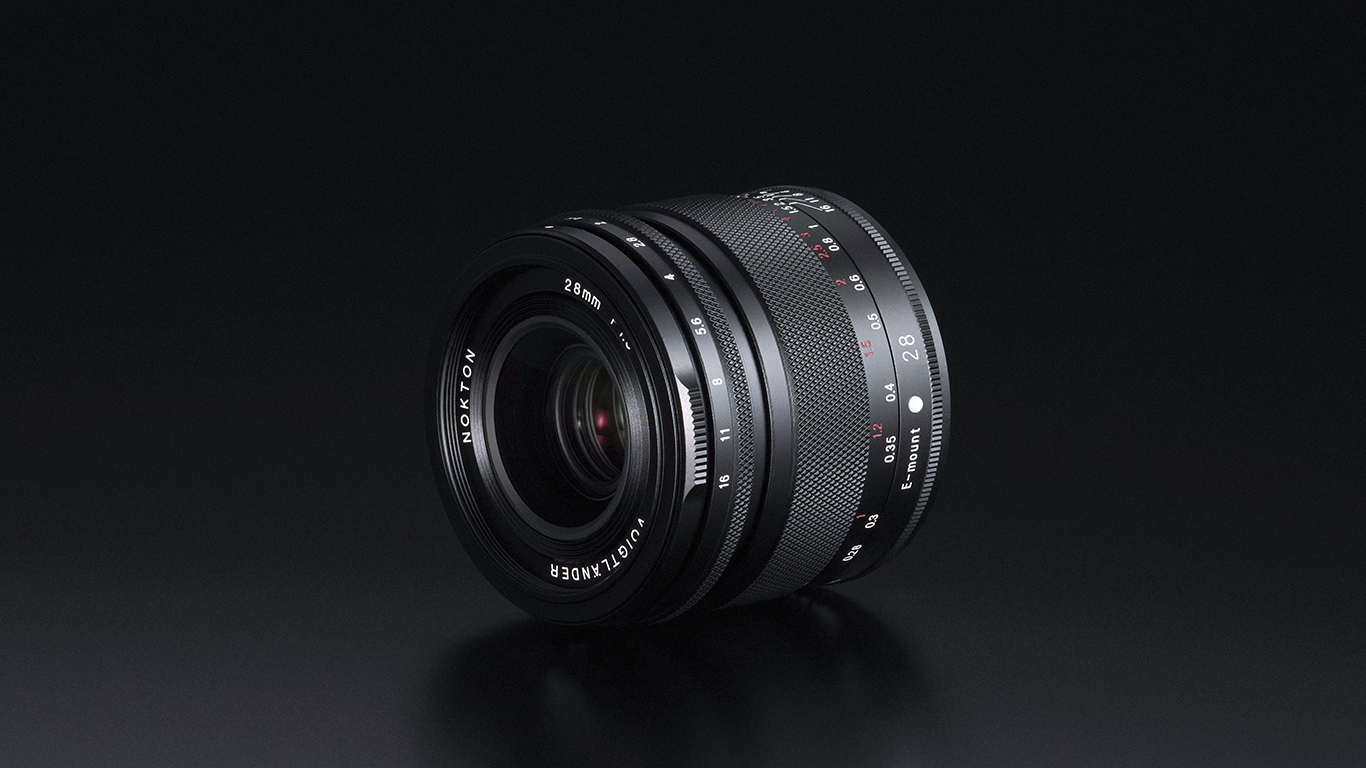
More surprising than a new Leica M-mount lens was that the Leica mount rose like a phoenix from the ashes. We thought everything had been done and dusted back in 2009 but, thanks to German lens manufacturer Meyer Optik Görlitz, the R-mount has come back to life.
The company launched all its previously released lenses, apart from the Biotar 75 II, in native R-mount. We certainly didn’t see that coming! These lenses have more than a touch of luxury to them but, over in cine news, there came the Laowa Sword Series of full-frame macro lenses, designed to be cheaper, lighter, finer and stronger.
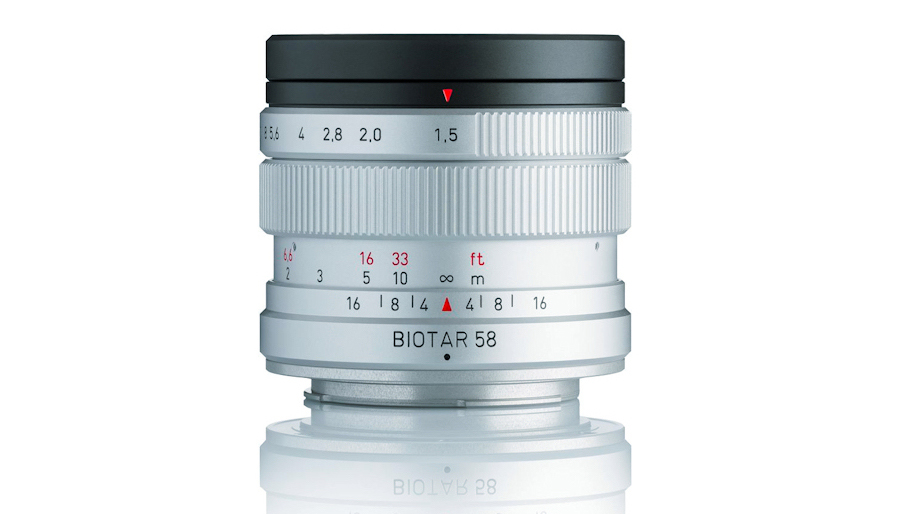
Back in the lab, we had a busy December test schedule. We kicked off with a spot of portrait prime time, courtesy of the new 7Artisans AF 85mm f/1.8 autofocus lens for Nikon Z, Sony E and L-mount cameras. It did well in our tests, especially for such a budget-friendly yet full-frame compatible lens.
Next up were Viltrox lenses, both little and large. The Viltrox AF 35mm f/1.7 is a compact, lightweight and inexpensive ‘nifty fifty’ equivalent APS-C format lens in Fujifilm X, Nikon Z DX and Sony E mount options. And lastly, the Viltrox AF 135mm f/1.8 Lab is a particularly grand telephoto prime for full-frame Nikon Z and Sony E cameras, with a full set of bells and whistles.
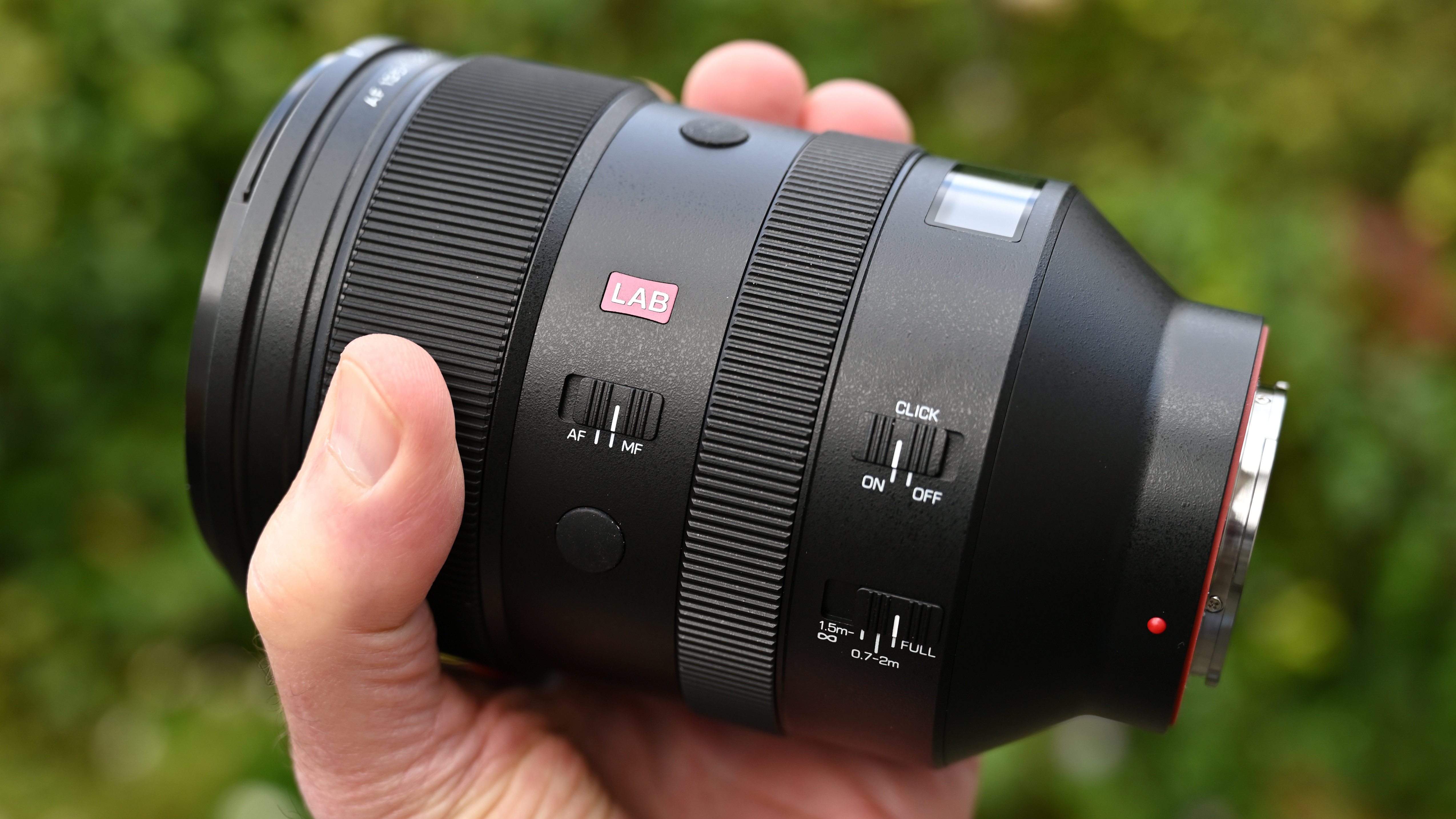
Next we moved on to macro lenses. The new Tamron 90mm f/2.8 Di III Macro VXD represented the rebirth of Tamron’s legendary 90mm macro lenses, reincarnated in mirrorless guise for Nikon Z and Sony E cameras. And it really is fabulous.
Not to be outdone, at least in the ‘do-it-all’ stakes, we also reviewed the Laowa FFII TS 100mm f/2.8 Macro 1X, available in a wide range of Sony E, Canon RF, Nikon Z, L-mount, Fujifilm GFX and Hasselblad XCD mount options. Not only is it a full 1.0x macro lens, but it comes complete with tilt and shift functions. Beat that!
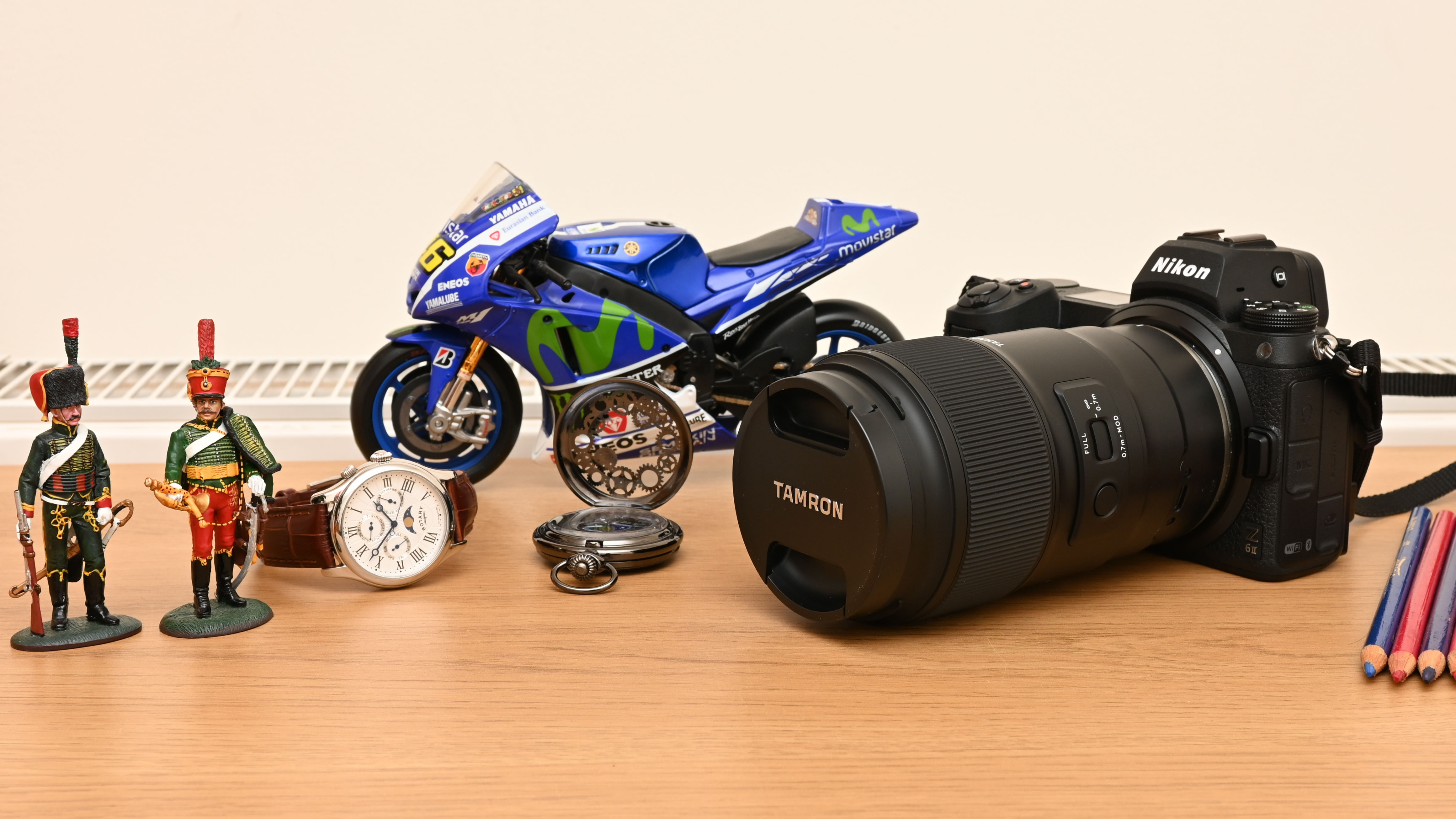
Going to extreme lengths, we also reviewed the new Fujifilm XF 500mm f/5.6 R LM OIS WR telephoto prime. Decked out in shiny silver, it takes Fujifilm X-system cameras firmly into the arena or pro sports and wildlife photography.
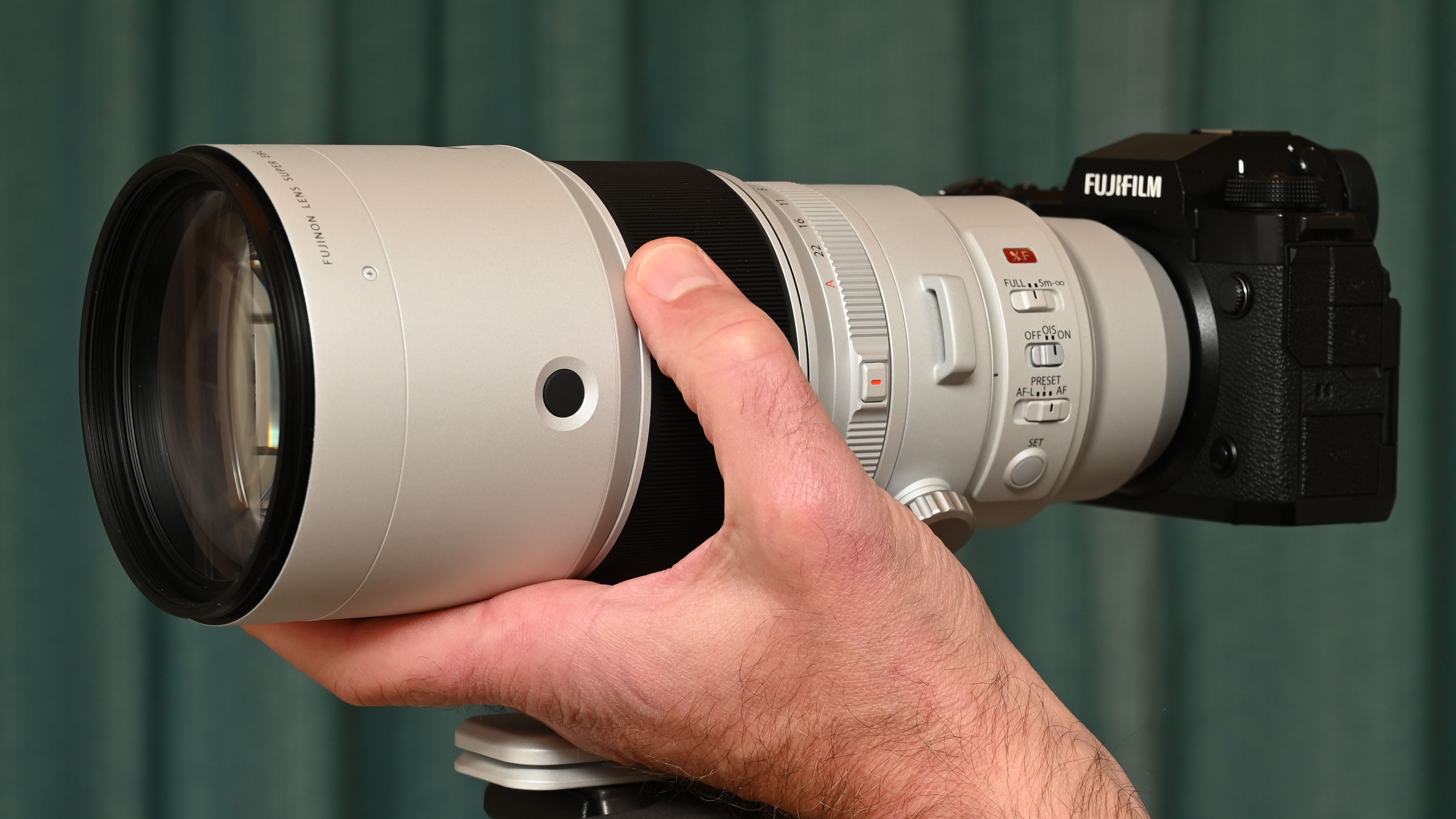
So all in all, quite an optical month and quite a stellar year. Let’s see what comes along in 2025!
You might also like…
See more from our 12 lenses of Christmas series, and make sure to check out the best pancake lenses and the best telephoto lenses.
Matthew Richards is a photographer and journalist who has spent years using and reviewing all manner of photo gear. He is Digital Camera World's principal lens reviewer – and has tested more primes and zooms than most people have had hot dinners!
His expertise with equipment doesn’t end there, though. He is also an encyclopedia when it comes to all manner of cameras, camera holsters and bags, flashguns, tripods and heads, printers, papers and inks, and just about anything imaging-related.
In an earlier life he was a broadcast engineer at the BBC, as well as a former editor of PC Guide.

